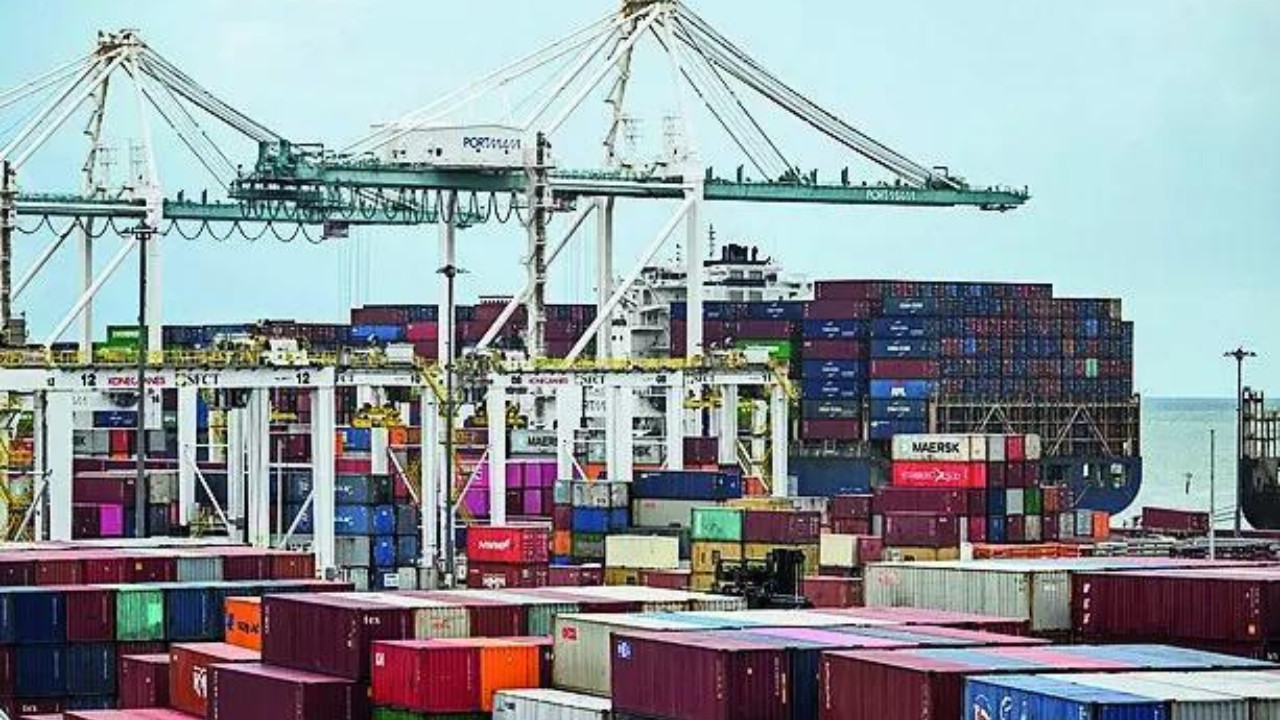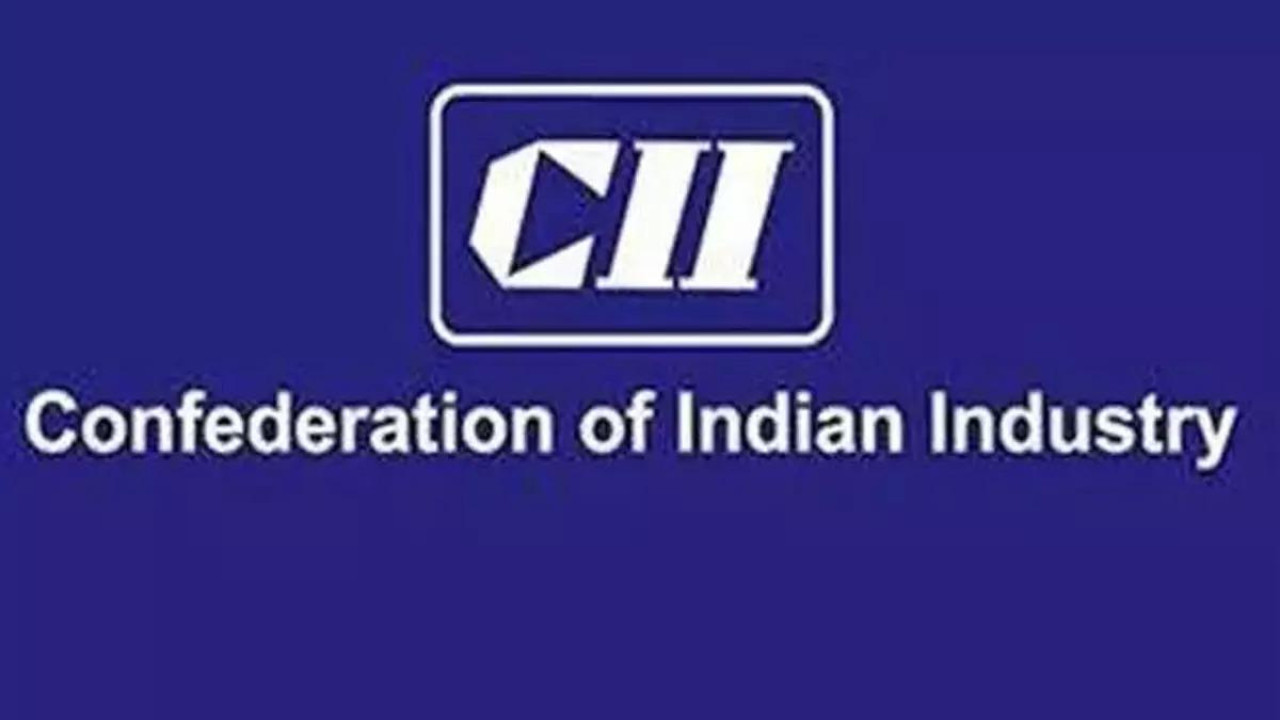Fitch Ratings cautions that while Indian corporates have limited direct exposure to current US tariffs, sectors like pharmaceuticals could face risks if further measures are imposed. The US has levied a 25% tariff on Indian goods since August 7, 2025, with another 25% due on August 27, due to India’s Russian oil imports.
Navigating the Tariff Tightrope: How Prepared Are Indian Companies?
The drums of global trade wars are beating louder, and the world is holding its breath. The United States, a major export destination for countless nations, has been hinting at – and sometimes outright implementing – tariff hikes on a range of goods. Naturally, businesses in India are wondering: how will this affect us?
While the immediate impact may be contained, a recent analysis from Fitch Ratings suggests a more nuanced picture for Indian businesses navigating this complex landscape. The direct hit, at least for now, is projected to be limited for most, but the potential for future disruption, particularly in the pharmaceutical sector, warrants careful consideration.
A Limited Initial Jolt?
The initial assessment from Fitch paints a cautiously optimistic picture. They believe that most Indian companies face a relatively low direct risk from current US tariffs. Several factors contribute to this apparent resilience. Many Indian exporters have diversified their markets, reducing their reliance on the US alone. Furthermore, existing trade agreements and established supply chains can offer some buffer against tariff increases. The diverse nature of Indian exports also plays a role. It’s not as if one single commodity dominates trade with the US; instead, a variety of sectors contribute, lessening the potential impact of tariffs targeting specific goods.
However, complacency is not an option. The global trade environment is notoriously volatile, and what seems like a minor tremor today could easily escalate into a full-blown earthquake tomorrow. Businesses need to stay agile and adapt to evolving geopolitical realities.
Pharmaceutical Companies: A Potential Vulnerability
While the overall outlook might be relatively calm, the pharmaceutical sector could face more turbulent waters. The US is a crucial market for Indian pharmaceutical companies, particularly those producing generic drugs. Any increase in tariffs on these medications could significantly impact their profitability and competitiveness.

India has become a global powerhouse in generic drug manufacturing, providing affordable medications to millions around the world. Increased tariffs could disrupt this supply chain and potentially lead to higher drug prices in the US, impacting patient access. The ripple effects could extend beyond just the financial bottom line of Indian pharma companies, potentially affecting global health outcomes.
Furthermore, the pharmaceutical industry operates within a complex regulatory environment. Any changes in trade policies require significant adjustments to manufacturing processes, supply chains, and regulatory compliance. This adds another layer of complexity for Indian pharma companies to navigate.
Beyond Pharmaceuticals: Preparing for a Shifting Landscape
Even if the pharmaceutical sector bears the brunt of the initial impact, other industries shouldn’t remain idle. The possibility of wider-ranging tariffs remains a constant concern. Companies should proactively assess their exposure to potential tariff increases and explore strategies to mitigate the risks.
This might involve diversifying export markets further, strengthening supply chain resilience, and investing in research and development to enhance product competitiveness. Embracing innovation and adopting advanced manufacturing techniques can also help Indian companies maintain their edge in a global market increasingly defined by trade tensions. Internal links can drive readers to pages to discover how to diversify export markets.
The Path Forward: Agility and Adaptability
The future of global trade is uncertain. Protectionist sentiments are on the rise, and the threat of tariff wars looms large. Indian companies, however, possess the ingenuity and resilience to navigate these challenges. The key lies in embracing agility, adapting to changing market conditions, and proactively mitigating potential risks.
By diversifying export markets, strengthening supply chains, and investing in innovation, Indian businesses can weather the storm and emerge stronger in the long run. While the immediate impact of US tariffs may be limited, the long-term implications demand vigilance and a proactive approach.







